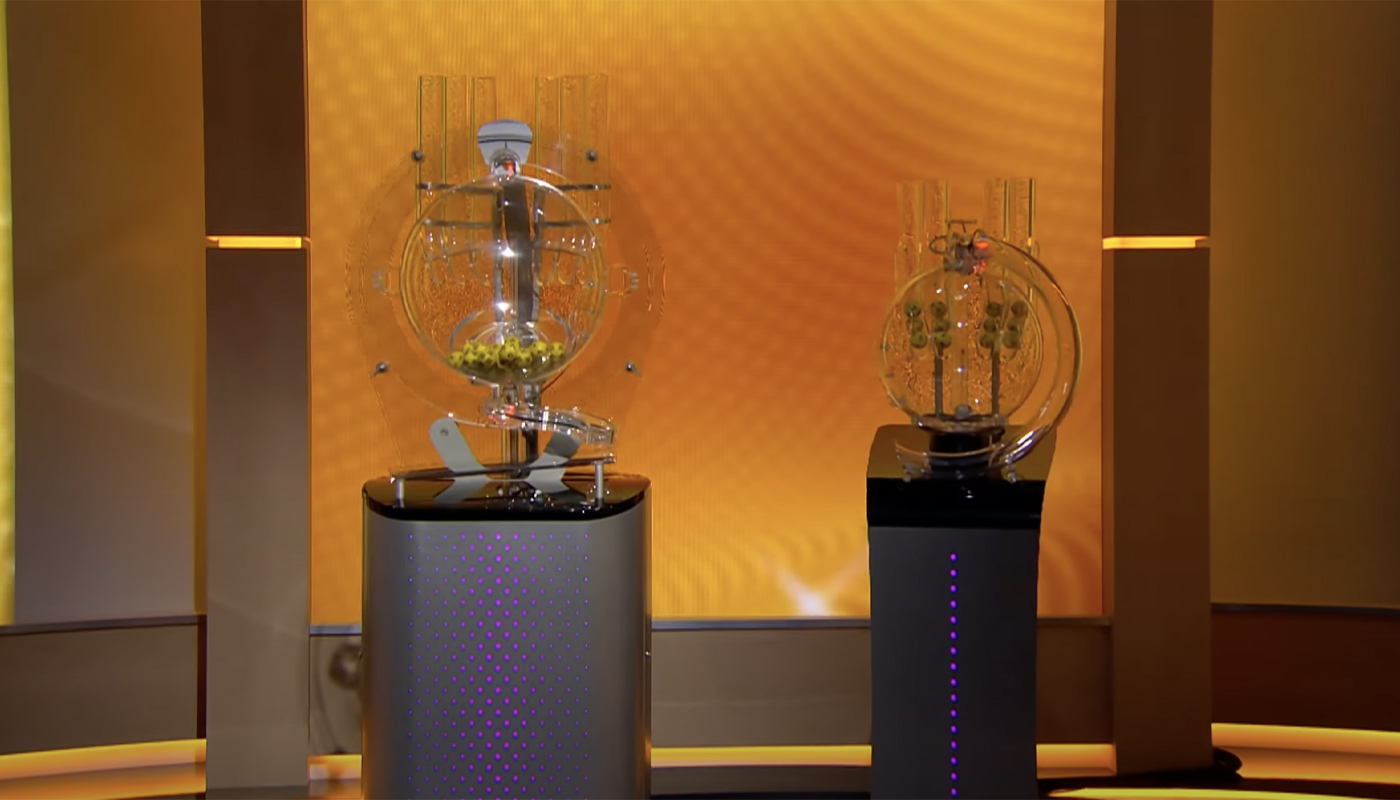
News writer, Interviewer
What happens when a simple coding error turns thousands of dreams into nightmares? Norway just found out.
Last week, Norsk Tipping sent notifications to several thousand EuroJackpot players. The message was: you've won big. But the reality was a massive technical blunder that cost a CEO her job and shattered public trust.
The error that changed everything
The mistake was elementary. Norsk Tipping receives prize amounts in euros, then converts them to Norwegian kroner. Their conversion code should have divided amounts by 100. Instead, they were multiplied by 100.
Think about that for a moment. A €10 prize became €1,000. A €100 prize became €10,000. Suddenly, minor wins looked like life-changing jackpots.
When false hope meets reality
Players didn't just check their accounts and move on. They made plans. Real plans. Some started booking vacations. Others looked at houses for sale. The company's departing CEO, Tonje Sagstuen, received messages from players who had already begun reshaping their futures.
"We understand, of course, that this is a breach of trust," Sagstuen said before leaving her position. Those aren't just corporate words. They reflect the weight of what happened when thousands of people glimpsed a different life, only to have it yanked away.
The fallout spreads
This wasn't a quiet correction buried in the fine print. The error affected several thousand players on a single Friday draw. The total prize fund was around $50 million, making the scale of confusion massive. Norsk Tipping discovered the error quickly, but damage was done. Trust, once broken, doesn't repair easily. The company now faces criticism from customers and government officials alike.
What does this teach us about lottery systems?
How does a state-owned gambling company let a basic coding error slip through? The conversion from euros to kroner isn't complex mathematics. It's fundamental currency handling that any financial system should nail down. The real question isn't whether technical errors happen. They do. The question is whether systems exist to catch them before they reach customers. Norsk Tipping's failure suggests their quality control needs serious work.
Trust in numbers
Chairwoman Sylvia Brustad admits, "trust has been broken." She promises the company will "clean up and improve." But can a lottery operator survive when players question whether their wins are real?
Lotteries depend on trust more than most businesses. Players need confidence that drawings are fair, prizes are real, and notifications are accurate. When that trust breaks, it threatens the entire system.
The bigger picture
This story goes beyond one company's coding mistake. It reveals how quickly modern systems can amplify errors. A single line of faulty code created thousands of problems in minutes. It also shows why financial systems need multiple verification layers. Currency conversion isn't an optional functionality. Its core business logic demands bulletproof testing.
Moving forward
Norsk Tipping faces a long road back to credibility. They must rebuild systems and restore trust simultaneously. New leadership might help, but actions matter more than personnel changes. The company promises improvements.
Players will judge whether those promises become reality. In the lottery industry, trust isn't just important—it's everything.



















Comments